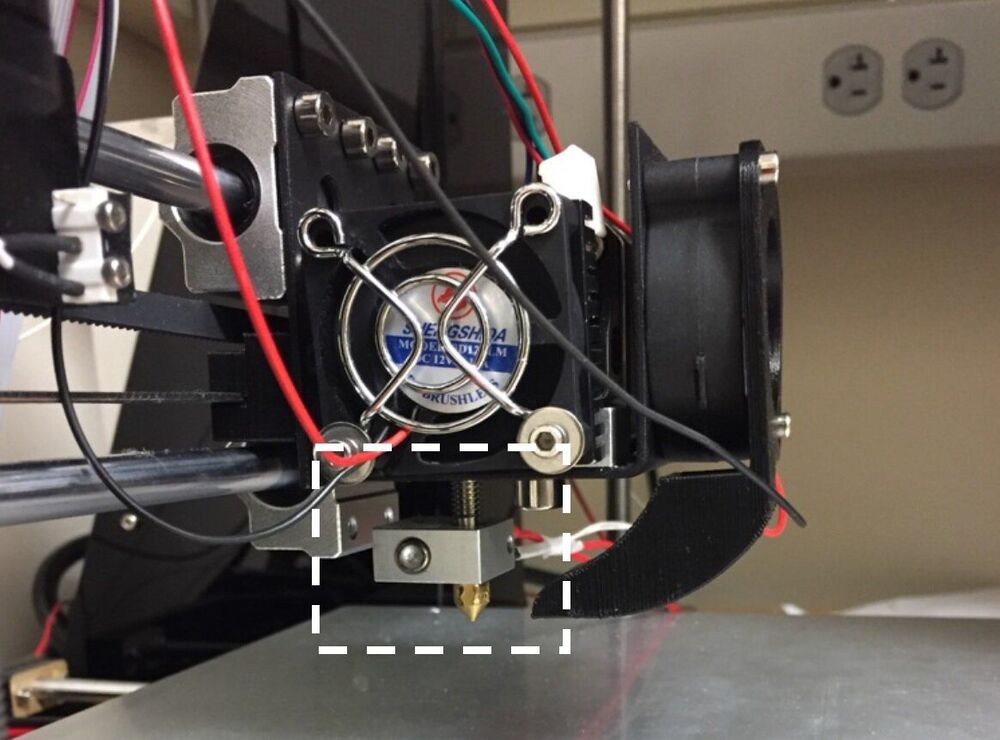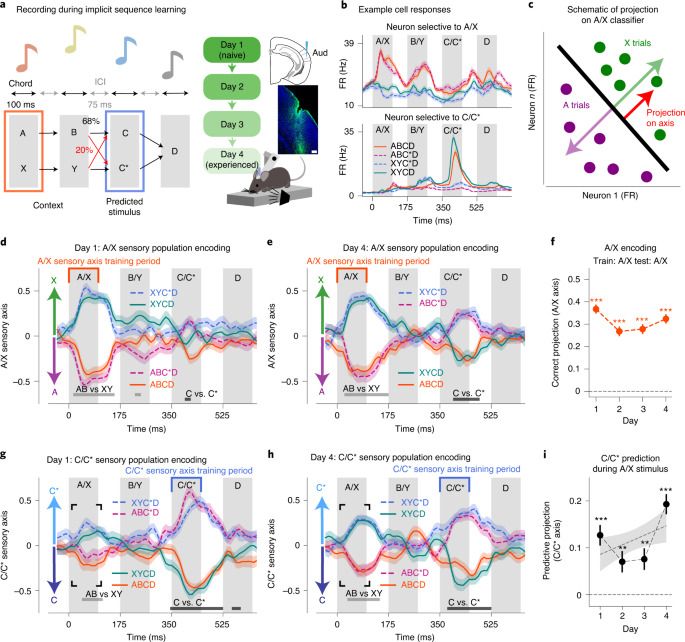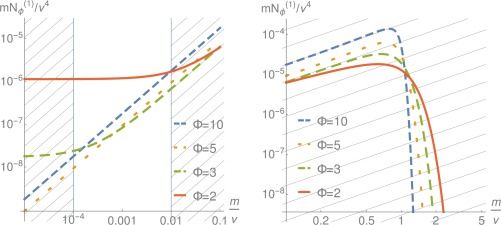You know, when you have North Korea at your side, it is better to always stay on the alert. And when your country’s coastline is washed by the Sea of Japan and the East China Sea, double attention is required. You guessed it right, we’re talking about the Republic of South Korea and its Air Force (ROKAF).
Today there are two American air bases on the territory of South Korea — Osan and Kusan, which are covered by the Patriot air defense system.
The total number of ROKAF and US Air Force fighters at all South Korean air bases is about 500 combat aircraft. Most of them are the 4th generation fighters that are about to become obsolete.
But if the airspace of your country is violated by China and Russia 10–15 times a year, you can’t rely solely on your allies. The only condition for relative peace is modern fighters.
#Korea #testing #new #jetfighter.
For copyright matters please contact us at:
jad71064223@gmail.com






